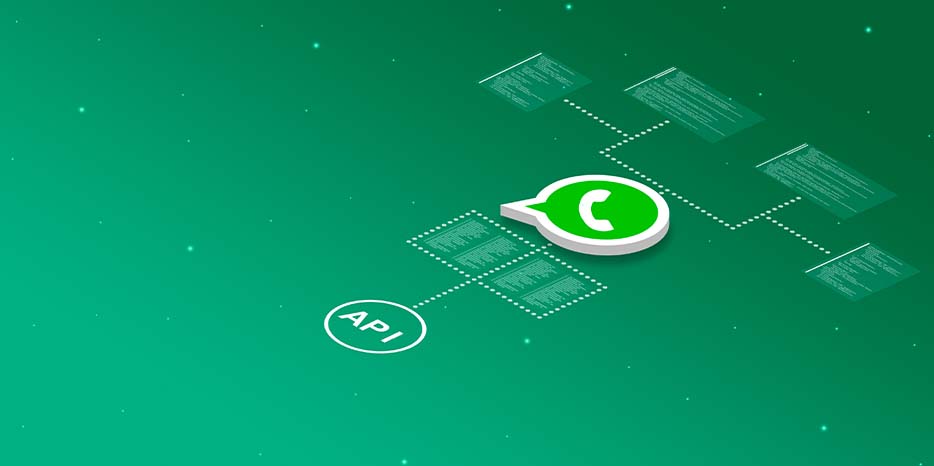- Written by: Textspeed
- November 7, 2024
As we move further into 2024, businesses are seeking innovative ways to enhance customer engagement, streamline operations, and drive growth. One of the most effective tools available to enterprises today is the WhatsApp Business API. As messaging continues to be a preferred method of communication for customers worldwide, the API allows businesses to connect with their audience on a personal and scalable level.
This comprehensive guide explores the key features of the WhatsApp Business API, how to set it up, and best practices for using it effectively in 2024.
Introduction:
Medium- to large businesses can communicate with customers at scale with the WhatsApp Business API, a specialized platform. Unlike the WhatsApp Business app, which is suitable for smaller businesses, the API offers advanced features, integrations, and automation capabilities that are ideal for enterprises handling high volumes of customer interactions.
This API is a powerful tool that helps businesses automate customer support, send notifications, and engage with customers in real-time on a platform they already trust.
Introduction
Why the WhatsApp Business API is critical in 2024
Key Features of WhatsApp Business for Enterprises
Engagement and User Behavior
WhatsApp Business Statistics
Security and Privacy Trends
Global Impact and Market Trends
Predictions and Future Trends
conclusion
Why the WhatsApp Business API is critical in 2024
In 2024, customer expectations are at an all-time high. People demand instant responses, seamless experiences, and the ability to communicate with businesses in real time. The WhatsApp Business API meets these needs by providing the following features:
Scalability:
The API supports multiple agents, allowing businesses to manage thousands of customer enquiries efficiently. This is critical for enterprises that serve large customer bases.
Automation:
Chatbots powered by AI can handle routine enquiries, freeing up customer service teams for more complex tasks. This increases response times and improves overall customer satisfaction.
Global Reach:
With over 2 billion users worldwide, WhatsApp provides businesses with an unparalleled opportunity to connect with their customers across various regions and markets.
Enhanced Engagement:
WhatsApp messages boast higher open rates than traditional emails or SMS, making it a more effective channel for customer communication.


The WhatsApp Business API’s Key Features
Businesses can deliver superior customer service and streamline communication processes with the help of the WhatsApp Business API’s packed features. Here are some of the most notable features:
Message Templates:
Approved message templates allow businesses to send pre-defined, structured messages, such as shipping notifications, appointment reminders, or customer service updates. These templates ensure consistency and compliance with WhatsApp’s messaging policies.
Multi-Agent Support:
Unlike the basic WhatsApp Business app, the API supports multiple users managing a single account, allowing larger teams to handle customer enquiries simultaneously.
Automation and Chatbots:
Businesses can integrate AI-powered chatbots to handle routine questions, provide instant responses, and even resolve issues without human intervention.
Automated Messages:
Enterprises can set up automated greetings or away messages to keep customers informed when agents are unavailable. This ensures that customers feel attended to, even outside of business hours.
Rich Messaging:
The API supports text, images, videos, documents, and even locations, giving businesses the ability to share more interactive and informative content with their customers.
End-to-End WhatsApp’s encryption ensures secure and private communication between businesses and their customers.
Two-Factor Authentication (2FA):
WhatsApp provides businesses with an additional layer of security through two-factor authentication, protecting sensitive customer data.

